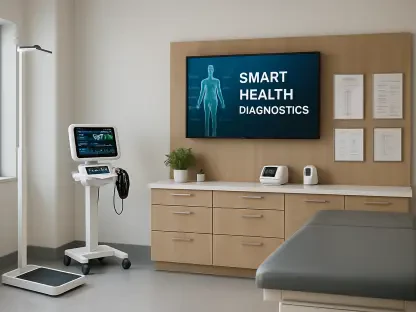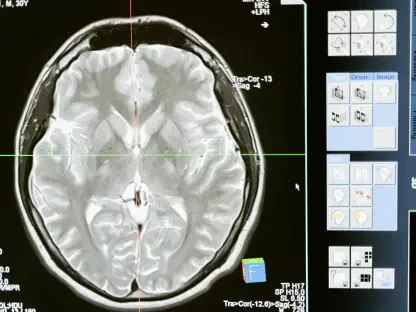Personalized medicine through IVD (In Vitro Diagnostics) represents a transformative shift in healthcare, focusing on tailored medical treatment based on individual patient profiles. This innovative approach is reshaping how diseases are diagnosed, monitored, and treated, promising improved outcomes and more efficient use of resources.
Context for the Review
The traditional “one-size-fits-all” approach in medicine is being replaced by personalized medicine, which takes into account individual variability in genes, environment, and lifestyle for each person. In Vitro Diagnostics (IVD) is at the forefront of this movement, providing critical data and insights that enable healthcare providers to develop customized treatment plans.
Detailed Analysis of the Technology’s Features and Performance
Genetic Profiling
IVD technologies now include comprehensive genetic profiling, allowing for the identification of mutations and genetic markers associated with specific diseases. This feature is particularly vital in oncology, where understanding a tumor’s genetic makeup can guide targeted therapies, dramatically improving patient outcomes.
Biomarker Identification
Biomarker identification through IVD is another crucial component. By detecting specific biological markers in blood or tissue samples, IVD can inform clinicians about the likely progression of a disease and the patient’s response to various treatments. This capability enhances the precision and effectiveness of personalized medicine.
Point-of-Care Testing
Recent advancements in IVD have also made point-of-care testing more accessible, allowing for rapid and accurate diagnostic results at the bedside or in the clinic. This feature ensures timely decision-making, which is essential for managing chronic conditions and acute health issues alike.
Data Integration and Interpretation
Modern IVD systems are designed to integrate with electronic health records (EHRs), enabling seamless data sharing and comprehensive patient care. The integration facilitates real-time analysis and interpretation of diagnostic data, providing healthcare providers with actionable insights.
Ethical Considerations and Data Privacy
While the benefits of personalized medicine through IVD are significant, there are important ethical and privacy considerations. Ensuring that patient data is kept secure and used responsibly is paramount. The technology must comply with stringent regulations to protect patient confidentiality.
Summary and Verdict
Personalized medicine through IVD has demonstrated substantial potential in revolutionizing patient care through precise, individualized treatment plans. The ability to perform genetic profiling, biomarker identification, and point-of-care testing, combined with data integration capabilities, positions IVD as a cornerstone of modern healthcare.
In conclusion, the continuous advancements in IVD technology have made personalized medicine more attainable than ever before, offering hope for better clinical outcomes and more efficient healthcare delivery. However, the ethical and privacy challenges must be addressed to fully harness the benefits of this transformative approach. The future of medicine undoubtedly looks bright with the integration of IVD in personalized treatment strategies.









